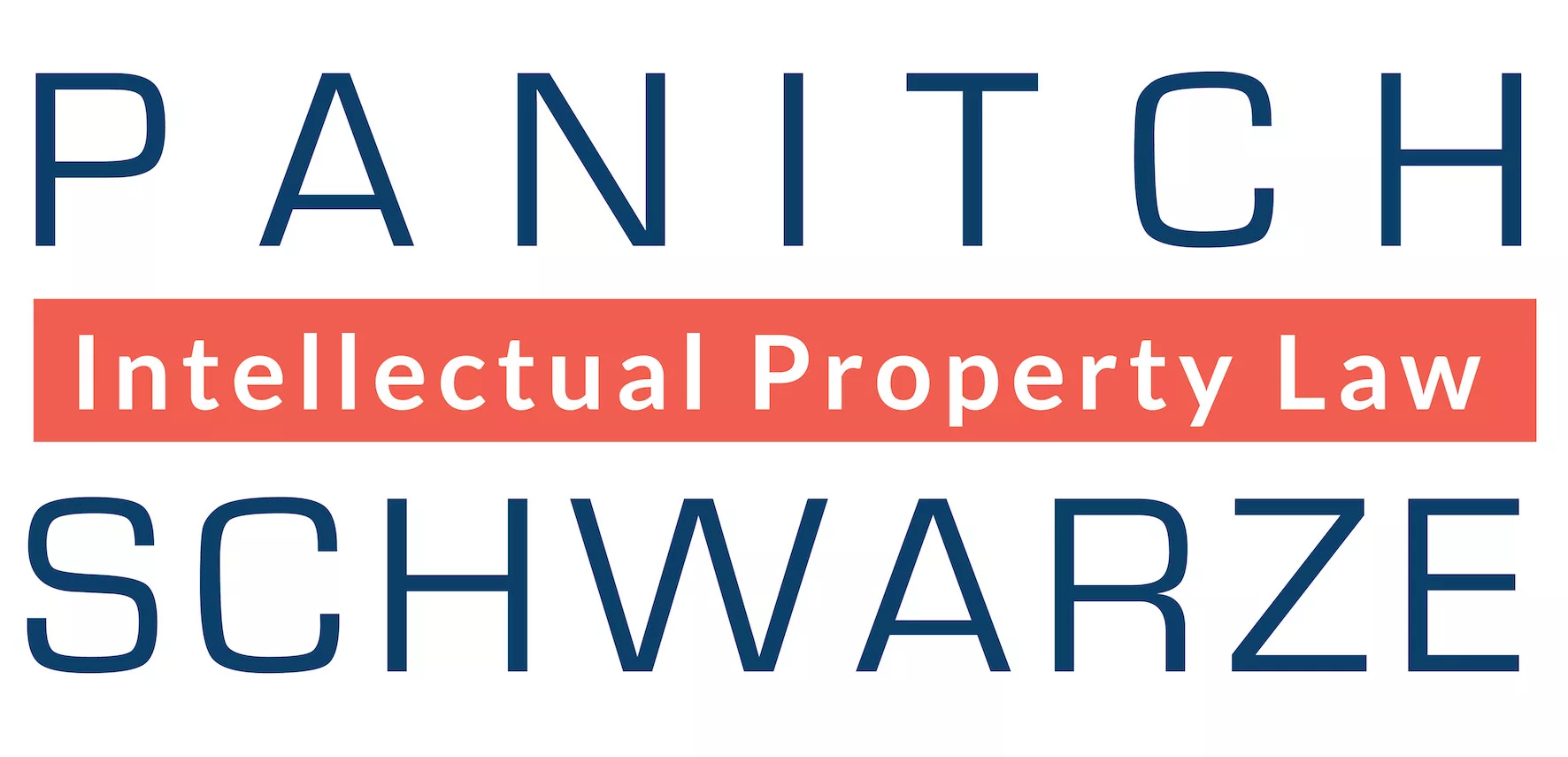The Patent & Trademark Office (USPTO) recently released interim guidance from Director Katherine Vidal placing some new restrictions on the Patent Trial and Appeal Board's (PTAB) ability to exercise discretion to deny a post-grant petition based on parallel district court proceedings. Though the PTAB's use of Fintiv (a precedential panel decision outlining six factors to consider in view of a parallel district court proceeding) has been in decline over the past year, it has remained a hot button issue for petitioners who view the practice as contrary to Congress's intent in establishing post grant trials. Director Vidal's interim guidance still allows the PTAB to exercise discretion under Fintiv, but places further restrictions on the analysis.
First, the interim guidance decrees that Fintiv denial is inappropriate where an inter partes review or post-grant review petition presents a compelling unpatentability challenge. A petition's merits previously could be considered in Fintiv's catch-all sixth factor, but now a strong petition is dispositive. Of course, every petitioner believes their challenges are compelling, so one should be careful not to rely on this as the sole basis for escaping discretionary denial. But this will help particularly weak patents to get the technical scrutiny they deserve.
Second, Fintiv allowed the PTAB to proceedings besides district court litigation, such as International Trade Commission (ITC) investigations. The interim guidance has shut that down. Due to concerns about the ITC's lack of binding authority in patent validity decisions, Director Vidal has removed ITC cases as a basis for Fintiv denials.
Third, a petitioner's entry of a Sotera stipulation is now sufficient grounds to avoid a Fintiv denial. Sotera is another precedential PTAB case where a petitioner stipulated that if the PTAB instituted a trial, the petitioner would not pursue, at the district court, any ground that it raised or reasonably could have raised in its petition. Effectively, the petitioner agrees to abide by the statutory estoppel provisions at the time of institution instead of after a final written decision. This previously strongly weighed in favor of not exercising discretion, but now forecloses a Fintiv denial. A stipulation of this type addresses the reasons for Fintiv in the first place – eliminating inefficient and duplicative work and avoiding conflicting results. With the interim guidance, a Sotera stipulation is now the best avenue to avoid a Fintiv denial, since it is not subject to a panel's interpretation, like when considering petition strength. Stipulations of lesser breadth, such as Sand Revolution stipulations, are not addressed in the interim guidance, and will likely still be considered by the panel as before. That is, the breadth of the stipulation will determine how much the factor tilts in favor of not exercising discretion.
Finally, the interim guidance allows the PTAB to receive from the parties recent statistics about the district court's median time-to-trial. Early on, the PTAB had been considering trial dates that ultimately turned out to be unreliable. More recently, the PTAB has been using additional evidence (e.g., district court orders, trends in cases with the same parties, etc.) tending to show whether the scheduled trial date might end up moving. The interim guidance devalues the emphasis on a bare trial date even further.
The USPTO expects to utilize formal rulemaking with respect to discretionary denials in the future. At the current pace of things, such rules are likely to be implemented before any legislative proposals to nix Fintiv entirely are passed or any judicial challenge to the doctrine succeeds. Nevertheless, the interim guidance provides an even clearer roadmap for petitioners such that Fintiv denials are likely to become very few and far between. The team at Panitch Schwarze is dedicated to crafting effective and efficient solutions for succeeding in IPRs and other post-grant proceedings before the PTAB. Stephen Murray has more than 15 years of experience in preparing and prosecuting patent applications. He also has extensive experience in post-grant proceedings at the Patent Trial and Appeal Board, having successfully represented both petitioners and patent owners, and is the Co-Chair of the firm's Post-Grant Practice Group.
The content of this article is intended to provide a general guide to the subject matter. Specialist advice should be sought about your specific circumstances.

